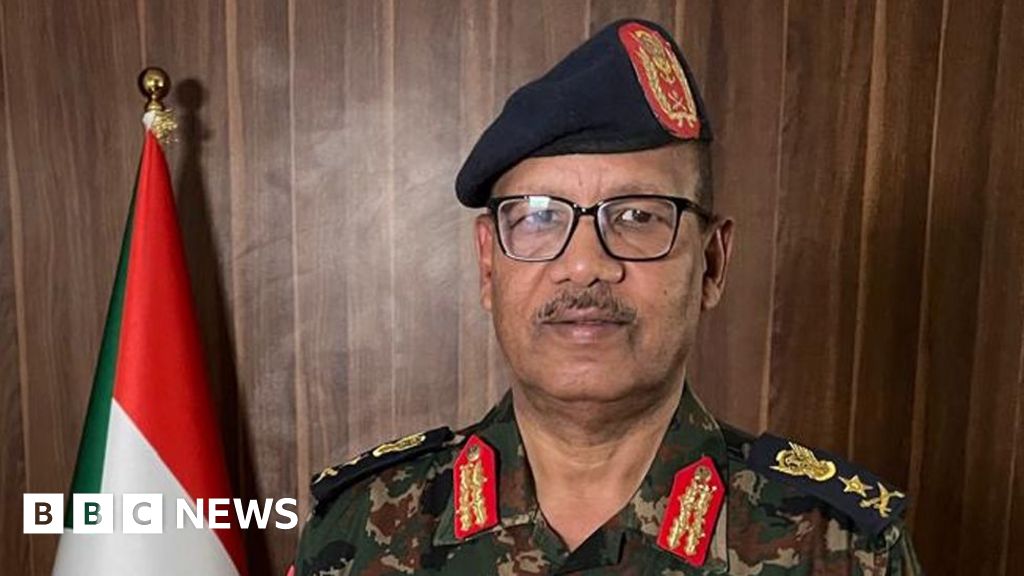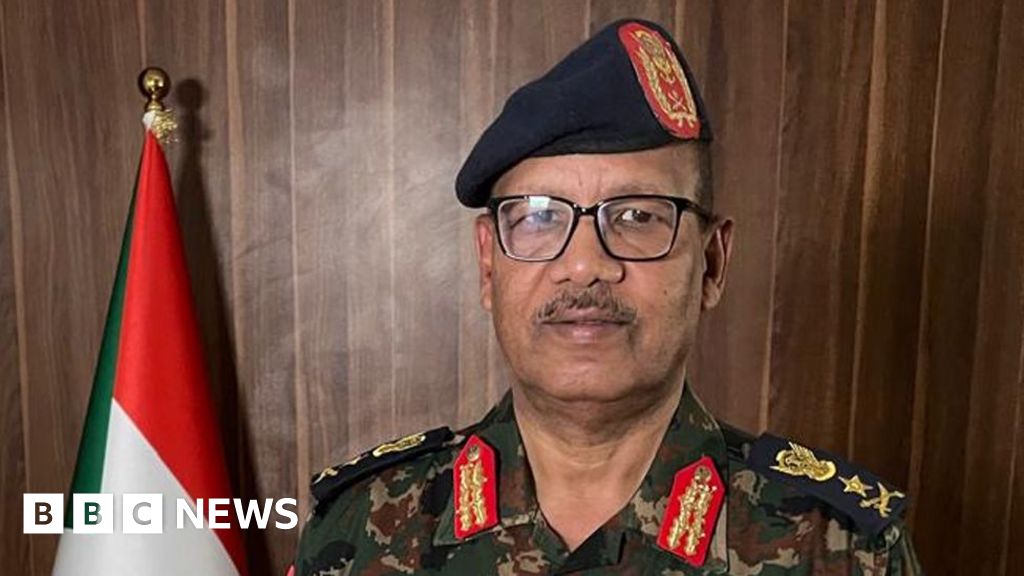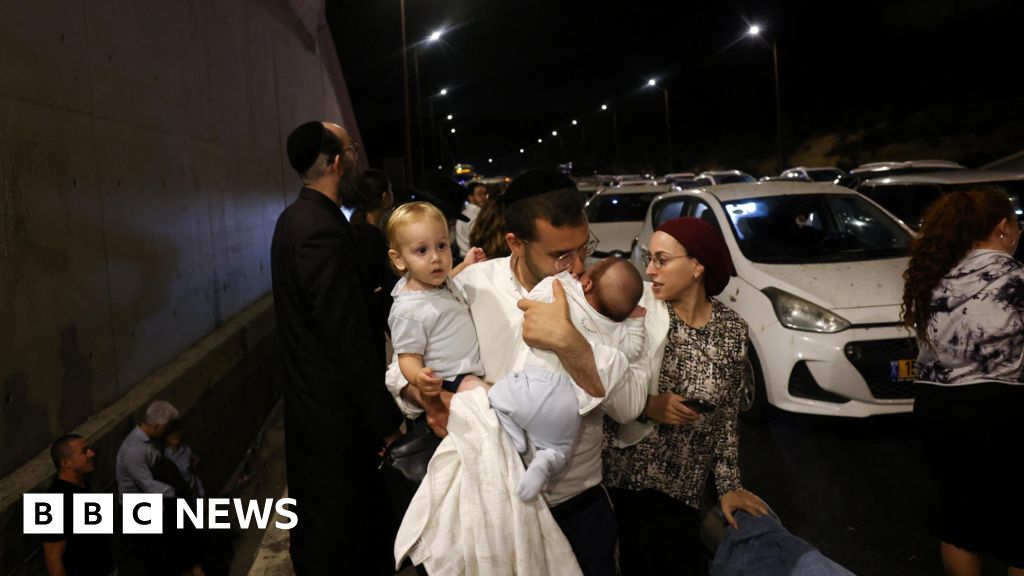
A top Sudanese general has said the army will press on with its offensive despite international efforts to broker a ceasefire in the 17-month civil war.
“Peace talks can go on, but the army will not stop for that,” Assistant Commander-in-Chief Lt Gen Ibrahim Gabir told the BBC.
He was speaking just days after the army launched an operation to regain control of the capital, Khartoum, from the paramilitary Rapid Support Forces (RSF).
The two sides have been fighting since April last year, when their leaders fell out over the country’s future. This has created a humanitarian catastrophe with more than half the country facing hunger and millions forced from their homes.
The general also hinted in the wide-ranging interview that the Sudanese authorities had had weapons dealings with Iran, and denied there was famine in the country.
“When the parties agree [to a ceasefire], the army can stop,” he said, repeating army demands that the RSF withdraw from areas that it has occupied.
“Let the international community exert pressure on the militia to stop the fighting and leave the houses that it’s taken,” he said, adding he was “more confident” now that the army had the momentum.
Fresh diplomatic attempts to negotiate a cessation of hostilities have failed to make progress, the US Sudan Envoy Tom Perriello acknowledged this week.
“The situation is extremely dire and those who are in the best position to stop it seem eager instead to accelerate it,” he told journalists in the Kenyan capital, Nairobi.
He did cite some improvement on humanitarian access, noting that a couple of hundred trucks carrying aid had been able to get through to areas that were previously blocked.
“But we obviously need to be at a significantly different scale from that,” he said.
For many months the army had prevented the shipment of aid via a crucial border post controlled by the RSF between Chad and Darfur. In August it agreed to allow them to resume, and the RSF promised to facilitate deliveries in the areas it holds.
Gen Gabir denied allegations that the army was still dragging its feet in approving the necessary paperwork for humanitarian groups, reeling off the number of visas and permits issued.
He emphasised that the RSF had looted humanitarian goods, and was still preventing aid from entering the besieged city of el-Fasher in North Darfur.
And he repeated army denials that there was famine in the country, again blaming the RSF for the hunger crisis.
In August, a group of UN-backed experts concluded there were famine conditions in the Zamzam camp for displaced people outside el-Fasher. It was able to make the determination because it had the data to do so, but said other parts of Sudan were also at risk.
But the Sudanese government has not made an official declaration of famine, which could trigger a UN Security Council resolution empowering agencies to deliver relief across borders.
The army is focused on Darfur’s border with Chad because it says this is a conduit for mercenaries, and weapons supplied in particular by the United Arab Emirates.
The UAE’s alleged support for the RSF “makes a very big difference in the fighting of the war”, Gen Gabril said. “Because the RSF is a militia, and they are being supported with advanced hi-tech arms. But at the end of the day they won’t win the war, this is a militia.”
The UAE denies such support for the RSF, but the UN says there is credible evidence.
A recent investigation published in the New York Times presented extensive detail.
And a report by the New York-based NGO Human Rights Watch has documented visual evidence of weapons from the UAE, as well as from China, Iran, Russia and Serbia, with manufacturing dates from last year.
Gen Gabir suggested that the army had discussed weapons purchases with Iran.
“You can find weapons if you have money and facilitation of payment,” he said.
“Iran will not give you any weapons unless you pay in cash. And we don’t have cash… The most important thing is that we are a government, and we have a right to deal with everybody.”
The general denied accusations of war crimes made in a recent UN report, which cited evidence of indiscriminate bombing, attacks on schools and hospitals, and arbitrary detention and torture.
“The Sudanese army are not angels,” he said. “They can commit crimes, but it’s individuals I’m talking about.”
He would not venture to predict how long the war might go on – another Sudanese defence official cited for comparison America’s 20-year-long battle against the Taliban in Afghanistan when asked.
All previous Sudanese civil wars have lasted many years, says the Sudan War Monitor, a group of researchers tracking the conflict.
“The main factor making this a protracted war is that Sudan is a huge country and both warring parties are large, making it impossible for any single battle to determine the outcome of the war,” it told the BBC in an email.
For Gen Gabir, the end game was clear: “Sudan will conquer, and Sudan will be rebuilt.”



